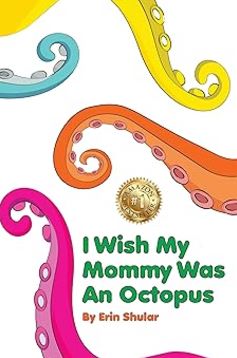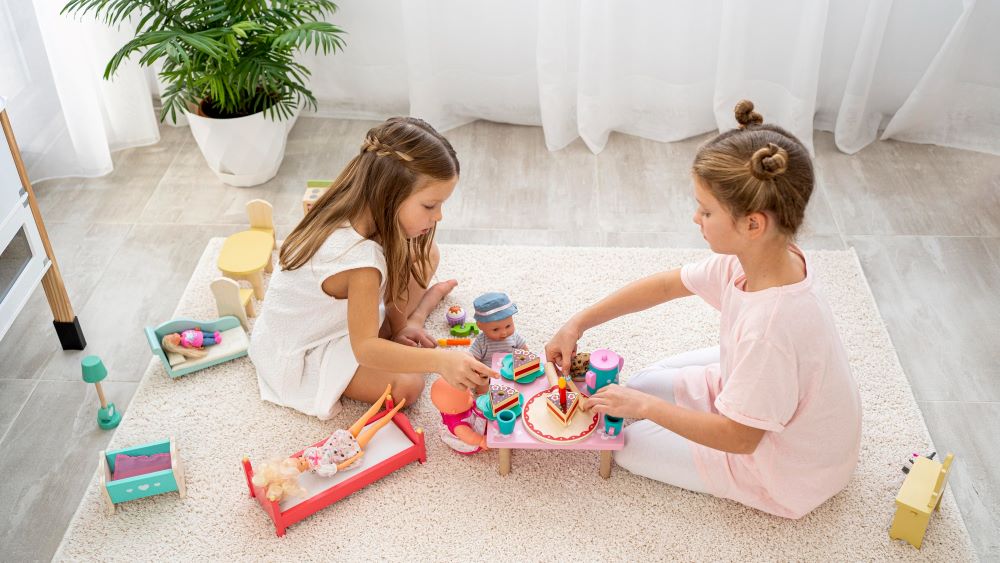As a parent, you’ve probably seen your child transform a simple cardboard box into a spaceship or a stick into a magic wand. While it may look like just fun and games, pretend play is much more than that. It’s a cornerstone of your child’s cognitive development. It enhances their creativity and learn how to navigate the social world around them.
Let’s navigate how this pretend play can help your child build social skills, problem-solving abilities, and creativity.
The Role of Pretend Play in Cognitive Growth
Pretend play, also known as imaginative or make-believe play, allows children to explore different scenarios and roles in a safe environment. Whether they’re pretending to be a superhero, a teacher, or even a chef. Kids use these imaginary roles to experiment with ideas, emotions, and problem-solving strategies.
It encourages abstract thinking, as children must imagine scenarios that don’t exist in reality. They use symbolic thinking which is a critical cognitive skill that forms the basis for reading, math, and more complex problem-solving tasks later in life.
How Pretend Play Boosts Problem-Solving Abilities
When children engage in pretend play, they often encounter “problems” in their imaginary worlds that need solutions. Maybe their toy car has broken down during a race, or they’re navigating a tricky situation in a make-believe story. These scenarios require kids to think critically, come up with creative solutions, and adapt to new challenges.
These small but significant challenges help build problem-solving skills that are crucial for success both in and out of the classroom.
Social and Emotional Benefits of Pretend Play
Beyond cognitive skills, pretend play plays a vital role in a child’s social and emotional development. When children engage in role-playing with others, they learn how to communicate, negotiate, and collaborate. They also practice empathy by stepping into someone else’s shoes. Whether that’s pretending to be a doctor caring for a patient or a parent comforting a baby.
By acting out different scenarios, kids can explore feelings like fear, excitement, or frustration in a controlled, safe environment.

Final Thoughts
Pretend play isn’t just about having fun, it’s a powerful tool for your child’s cognitive development. Through role-playing and make-believe, kids learn to think critically, solve problems creatively, and build essential social skills. By encouraging imaginative play, you’re giving your child the tools they need to thrive academically, socially, and emotionally.
So the next time your child turns a blanket into a superhero cape or invites you to a tea party with their stuffed animals. Remember, they’re not just playing; they’re growing.
Wanna enhance your child’s imagination? A beautiful example of how pretend play and imagination shape childhood can be found in I Wish My Mommy Was An Octopus by Erin Shular. This heartwarming children’s book tells the story of a little girl who imagines her mother with eight arms. Wishing she could do everything at once, give more hugs, play more games, and still manage all her daily tasks.
Grab your copy now! This book is perfect for young readers and serves as a delightful reminder of the important moments shared by parents and their children.


